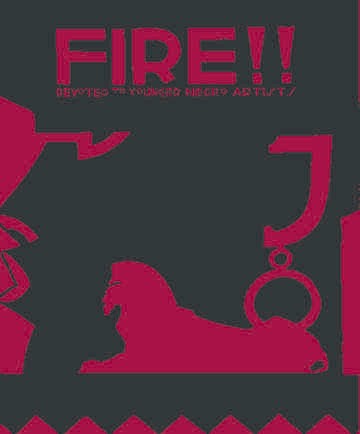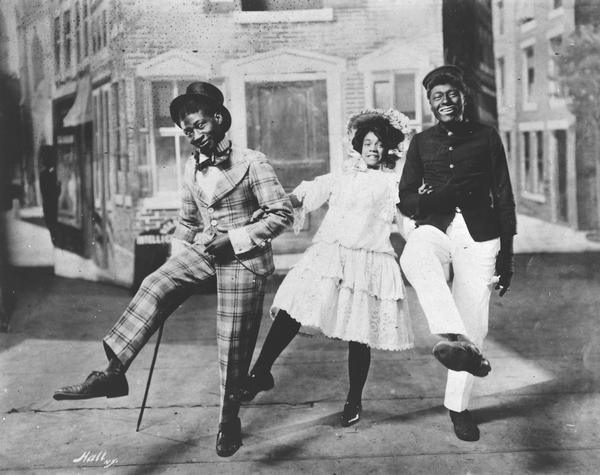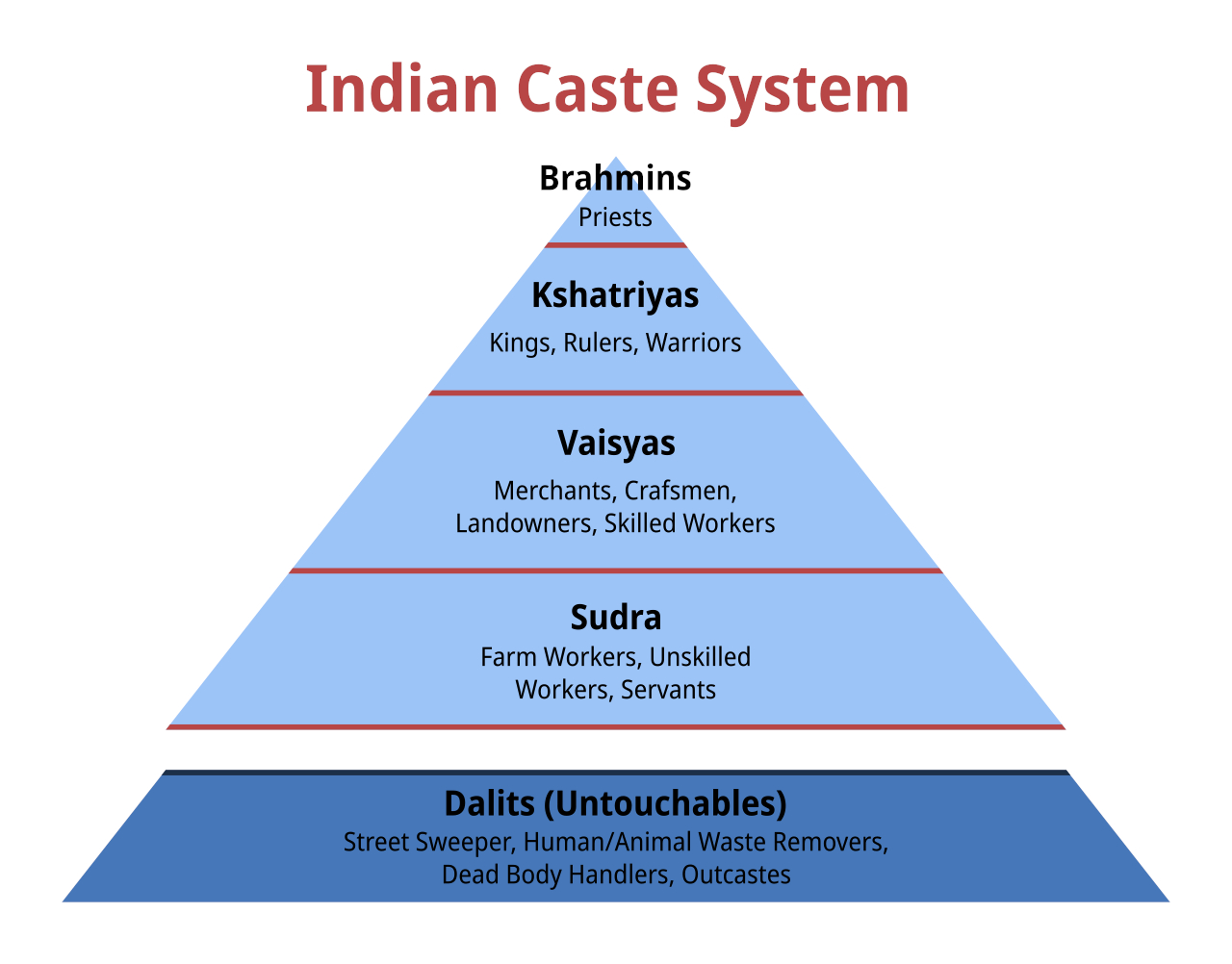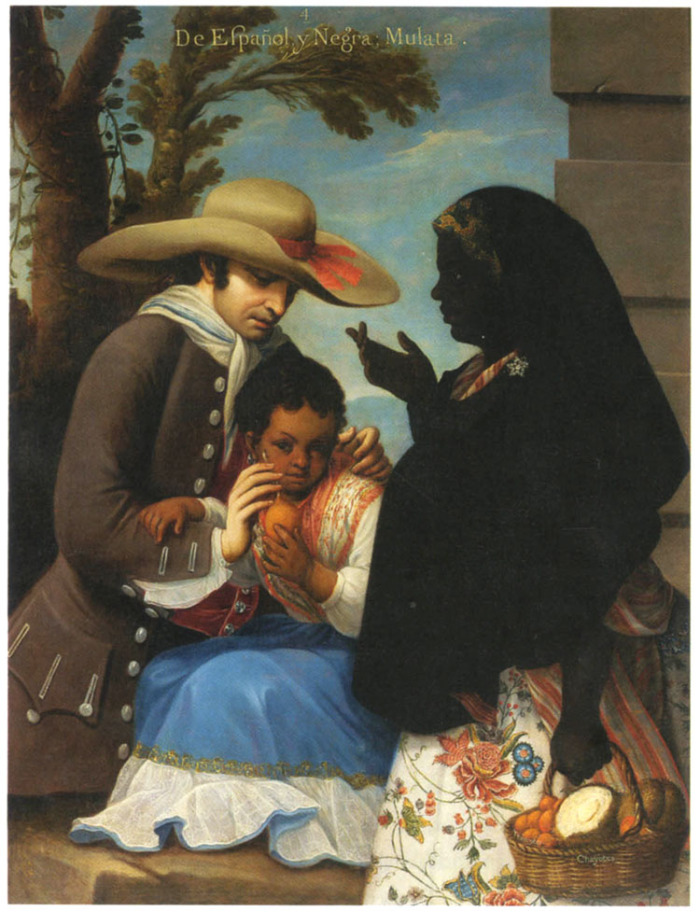|
Color Struck
''Color Struck'' is a play by Zora Neale Hurston. It was originally published in 1926 in ''Fire!!'' magazine. ''Color Struck'' won second prize in Opportunity Magazine's literary contest for best play. ''Color Struck'' was not staged during the Harlem Renaissance. Plot summary ''Color Struck'' opens on a train in 1900, with members of the black community from Jacksonville, Florida going to a cakewalk competition in St. Augustine, Florida, St. Augustine. Hurston specifies that the first scene takes place "inside a 'Jim Crow' railway coach." With much bustle, John and Emmaline arrive at the train just on time. Emmaline made John take the last coach, because she felt he was flirting with Effie, a lighter-skinned black woman. The play's title focuses on colorism, the idea that people in the black community were judged based on the hue of their skin. Emma is terrified that John will leave her for a lighter-skinned woman, and is very jealous; Emma says, "I loves you so hard, John, an ... [...More Info...] [...Related Items...] OR: [Wikipedia] [Google] [Baidu] |
Zora Neale Hurston
Zora Neale Hurston (January 7, 1891 – January 28, 1960) was an American author, anthropologist, and filmmaker. She portrayed racial struggles in the early-1900s American South and published research on Hoodoo (spirituality), hoodoo. The most popular of her four novels is ''Their Eyes Were Watching God'', published in 1937. She also wrote more than 50 short stories, plays, and essays. Hurston was born in Notasulga, Alabama, and moved with her family to Eatonville, Florida, in 1894. She later used Eatonville as the setting for many of her stories. In her early career, Hurston conducted anthropological and ethnographic research while a student at Barnard College and Columbia University. She had an interest in African-American and Caribbean folklore, and how these contributed to the community's identity. She also wrote fiction about contemporary issues in the Black community and became a central figure of the Harlem Renaissance. Her short satires, drawing from the African-America ... [...More Info...] [...Related Items...] OR: [Wikipedia] [Google] [Baidu] |
Fire!!
''Fire!!'' was an African-American literary magazine published in New York City in 1926 during the Harlem Renaissance. The publication was started by Wallace Thurman, Zora Neale Hurston, Aaron Douglas, John P. Davis, Richard Bruce Nugent, Gwendolyn Bennett, Lewis Grandison Alexander, Countee Cullen, and Langston Hughes. The magazine's title referred to burning up old ideas, and ''Fire!!'' challenged the norms of the older Black generation while featuring younger authors. The publishers promoted a realistic style, with vernacular language and controversial topics such as homosexuality and prostitution. Many readers were offended, and some Black leaders denounced the magazine. The endeavor was plagued by debt, and its quarters burned down, ending the magazine after just one issue. History ''Fire!!'' was conceived to express the African-American experience during the Harlem Renaissance in a modern and realistic fashion, using literature as a vehicle of enlightenment. The mag ... [...More Info...] [...Related Items...] OR: [Wikipedia] [Google] [Baidu] |
Opportunity Magazine
Opportunity may refer to: Places * Opportunity, Montana, an unincorporated community, United States * Opportunity, Nebraska, an unincorporated community, United States * Opportunity, Washington, a former census-designated place, United States * 39382 Opportunity, an asteroid Arts, entertainment, and media Music * "Opportunity" (Pete Murray song), 2006 * "Opportunity", a song by The Charlatans * "Opportunity", a song from ''Annie'' * "Opportunities (Let's Make Lots of Money)", a song by Pet Shop Boys Other uses in arts, entertainment, and media * ''Opportunity'' (film), a 1918 film * '' Opportunity: A Journal of Negro Life'', a literary periodical of the Harlem Renaissance * ''The Opportunity'', a 17th-century play Finance * Opportunity International, a microfinance network that lends to the working poor * Opportunity NYC, a 2007–2012 experimental conditional cash transfer program in New York City Other uses * ''Opportunity'' (rover), a robotic rover on Mars * Business oppo ... [...More Info...] [...Related Items...] OR: [Wikipedia] [Google] [Baidu] |
Harlem Renaissance
The Harlem Renaissance was an intellectual and cultural revival of African American music, dance, art, fashion, literature, theater, politics and scholarship centered in Harlem, Manhattan, New York City, spanning the 1920s and 1930s. At the time, it was known as the "New Negro Movement", named after ''The New Negro'', a 1925 anthology edited by Alain Locke. The movement also included the new African American cultural expressions across the urban areas in the Northeast and Midwest United States affected by a renewed militancy in the general struggle for civil rights, combined with the Great Migration of African American workers fleeing the racist conditions of the Jim Crow Deep South, as Harlem was the final destination of the largest number of those who migrated north. Though it was centered in the Harlem neighborhood, many francophone black writers from African and Caribbean colonies who lived in Paris were also influenced by the movement, which spanned from about 1918 until ... [...More Info...] [...Related Items...] OR: [Wikipedia] [Google] [Baidu] |
Jacksonville, Florida
Jacksonville is a city located on the Atlantic coast of northeast Florida, the most populous city proper in the state and is the largest city by area in the contiguous United States as of 2020. It is the seat of Duval County, with which the city government consolidated in 1968. Consolidation gave Jacksonville its great size and placed most of its metropolitan population within the city limits. As of 2020, Jacksonville's population is 949,611, making it the 12th most populous city in the U.S., the most populous city in the Southeast, and the most populous city in the South outside of the state of Texas. With a population of 1,733,937, the Jacksonville metropolitan area ranks as Florida's fourth-largest metropolitan region. Jacksonville straddles the St. Johns River in the First Coast region of northeastern Florida, about south of the Georgia state line ( to the urban core/downtown) and north of Miami. The Jacksonville Beaches communities are along the adjacent Atlantic ... [...More Info...] [...Related Items...] OR: [Wikipedia] [Google] [Baidu] |
Cakewalk
The cakewalk was a dance developed from the "prize walks" (dance contests with a cake awarded as the prize) held in the mid-19th century, generally at get-togethers on Black Slavery in the United States, slave plantations before and after End of slavery in the United States of America, emancipation in the Southern United States. Alternative names for the original form of the dance were "chalkline-walk", and the "walk-around". It was originally a processional partner dance danced with comical formality, and may have developed as a subtle mockery of the mannered dances of white slaveholders. Following an exhibition of the cakewalk at the 1876 Centennial Exposition in Philadelphia, the cakewalk was adopted by performers in minstrel shows, where it was danced exclusively by men until the 1890s. At that point, Broadway shows featuring women began to include cakewalks, and grotesque dances became very popular across the country.. The fluid and graceful steps of the dance may have g ... [...More Info...] [...Related Items...] OR: [Wikipedia] [Google] [Baidu] |
Jim Crow
The Jim Crow laws were state and local laws enforcing racial segregation in the Southern United States. Other areas of the United States were affected by formal and informal policies of segregation as well, but many states outside the South had adopted laws, beginning in the late 19th century, banning discrimination in public accommodations and voting. Southern laws were enacted in the late 19th and early 20th centuries by white Southern Democrat-dominated state legislatures to disenfranchise and remove political and economic gains made by African Americans during the Reconstruction era. Jim Crow laws were enforced until 1965. In practice, Jim Crow laws mandated racial segregation in all public facilities in the states of the former Confederate States of America and in some others, beginning in the 1870s. Jim Crow laws were upheld in 1896 in the case of '' Plessy vs. Ferguson'', in which the Supreme Court laid out its "separate but equal" legal doctrine concerning facil ... [...More Info...] [...Related Items...] OR: [Wikipedia] [Google] [Baidu] |
Colorism
Discrimination based on skin color, also known as colorism, or shadeism, is a form of prejudice and/or discrimination in which people who share similar ethnicity traits or perceived race are treated differently based on the social implications that come with the cultural meanings that are attached to skin color. Research has found extensive evidence of discrimination based on skin color in criminal justice, business, the economy, housing, health care, media, and politics in the United States and Europe. Lighter skin tones are seen as preferable in many countries in Africa, Asia and South America. Worldwide Racism affects almost every aspect of people's daily lives. Research shows that people of color are offered fewer opportunities in higher education and employment than white people are offered. Black people are treated more strictly and less politely than white people are treated. As romantic partners, they are considered less desirable and white people are considered more ... [...More Info...] [...Related Items...] OR: [Wikipedia] [Google] [Baidu] |
Mulatto
(, ) is a racial classification to refer to people of mixed African and European ancestry. Its use is considered outdated and offensive in several languages, including English and Dutch, whereas in languages such as Spanish and Portuguese is not, and can even be a source of pride. A () is a female ''mulatto''. Etymology The English term and spelling ''mulatto'' is derived from the Spanish and Portuguese . It was a common term in the Southeastern United States during the era of slavery. Some sources suggest that it may derive from the Portuguese word (from the Latin ), meaning ' mule', the hybrid offspring of a horse and a donkey. The Real Academia Española traces its origin to in the sense of hybridity; originally used to refer to any mixed race person. The term is now generally considered outdated and offensive in non-Spanish and non-Portuguese speaking countries, and was considered offensive even in the 19th century. Jack D. Forbes suggests it originated in the Arabi ... [...More Info...] [...Related Items...] OR: [Wikipedia] [Google] [Baidu] |
1925 Plays
Nineteen or 19 may refer to: * 19 (number), the natural number following 18 and preceding 20 * one of the years 19 BC, AD 19, 1919, 2019 Films * ''19'' (film), a 2001 Japanese film * ''Nineteen'' (film), a 1987 science fiction film Music * 19 (band), a Japanese pop music duo Albums * ''19'' (Adele album), 2008 * ''19'', a 2003 album by Alsou * ''19'', a 2006 album by Evan Yo * ''19'', a 2018 album by MHD * ''19'', one half of the double album ''63/19'' by Kool A.D. * ''Number Nineteen'', a 1971 album by American jazz pianist Mal Waldron * ''XIX'' (EP), a 2019 EP by 1the9 Songs * "19" (song), a 1985 song by British musician Paul Hardcastle. * "Nineteen", a song by Bad4Good from the 1992 album ''Refugee'' * "Nineteen", a song by Karma to Burn from the 2001 album ''Almost Heathen''. * "Nineteen" (song), a 2007 song by American singer Billy Ray Cyrus. * "Nineteen", a song by Tegan and Sara from the 2007 album '' The Con''. * "XIX" (song), a 2014 song by Slipknot. ... [...More Info...] [...Related Items...] OR: [Wikipedia] [Google] [Baidu] |
Discrimination Based On Skin Color
Discrimination based on skin color, also known as colorism, or shadeism, is a form of prejudice and/or discrimination in which people who share similar ethnicity traits or perceived race are treated differently based on the social implications that come with the cultural meanings that are attached to skin color. Research has found extensive evidence of discrimination based on skin color in criminal justice, business, the economy, housing, health care, media, and politics in the United States and Europe. Lighter skin tones are seen as preferable in many countries in Africa, Asia and South America. Worldwide Racism affects almost every aspect of people's daily lives. Research shows that people of color are offered fewer opportunities in higher education and employment than white people are offered. Black people are treated more strictly and less politely than white people are treated. As romantic partners, they are considered less desirable and white people are considered more ... [...More Info...] [...Related Items...] OR: [Wikipedia] [Google] [Baidu] |
Plays By Zora Neale Hurston
Play most commonly refers to: * Play (activity), an activity done for enjoyment * Play (theatre), a work of drama Play may refer also to: Computers and technology * Google Play, a digital content service * Play Framework, a Java framework * Play Mobile, a Polish internet provider * Xperia Play, an Android phone * Rakuten.co.uk (formerly Play.com), an online retailer * Backlash (engineering), or ''play'', non-reversible part of movement * Petroleum play, oil fields with same geological circumstances * Play symbol, in media control devices Film * ''Play'' (2005 film), Chilean film directed by Alicia Scherson * ''Play'', a 2009 short film directed by David Kaplan * ''Play'' (2011 film), a Swedish film directed by Ruben Östlund * ''Rush'' (2012 film), an Indian film earlier titled ''Play'' and also known as ''Raftaar 24 x 7'' * ''The Play'' (film), a 2013 Bengali film Literature and publications * ''Play'' (play), written by Samuel Beckett * ''Play'' (''The New York Times'' ... [...More Info...] [...Related Items...] OR: [Wikipedia] [Google] [Baidu] |






